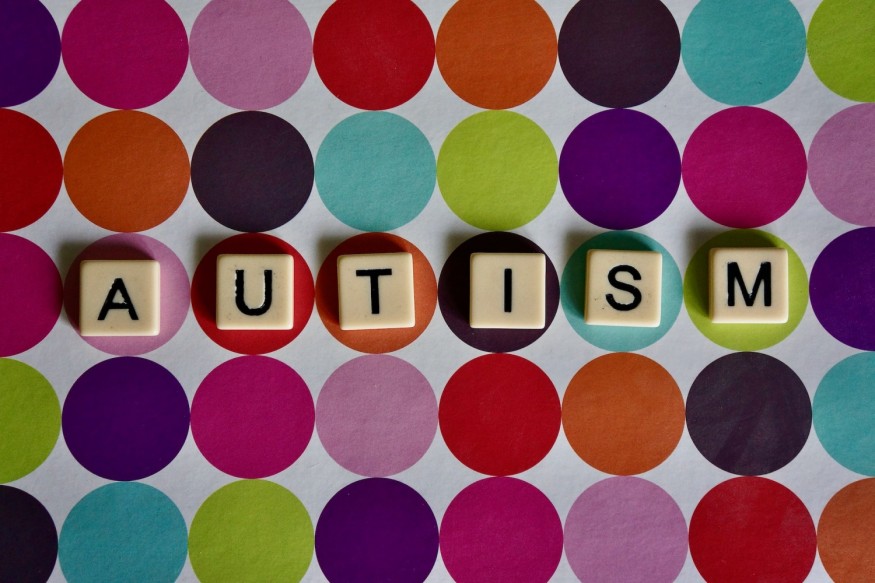
Autism, or autism spectrum disorder (ASD), is a group of complex neurodevelopmental disorders characterized by impairments in social interaction, speech, and behavior.
Promising research has been conducted in recent years to understand autism better, including its potential causes or the development of new treatments and interventions. Here, we'll review the five most interesting autism-related research published in the past several years.
Immune Activation and ASD (2021)
Researchers at the Columbia University Mailman School of Public Health and the Norwegian National Institute of Public Health conducted an extensive, finding that molecular signs of inflammation during pregnancy are linked to the risk of autism.
Chantal Rainford of Nevada Autism Center - ABA therapy center in Las Vegas - notes that these findings may shed light on ways the brain might not develop typically, adding to the growing body of evidence that prenatal exposure to inflammatory processes raises the risk of ASD. The hope in this new evidence is that it could lead to a test that could be used to check for ASD at birth.
Oxidative Stress and ASD (2019)
Researchers have discovered that ASD may be caused by oxidative stress, the accumulation of free radicals that can damage cells, which are elevated in children with ASD. Evidence has identified specific genetic variations in genes related to the metabolism of a glutathione compound and in genes involved in oxidative stress and detoxification.
Environmental factors such as exposure to heavy metals, infections, certain drugs, and toxins like cigarette smoke and pesticides may also play a role. Preventing further harm and improving outcomes for people with ASD may depend on identifying and correcting these discrepancies as soon as possible through diagnosis and therapy.
Gut Microbiome and ASD (2021)
Many people are interested in how the gut microbiome might be related to autism spectrum disorder (ASD). In Australia, researchers completed a stool metagenomics study involving individuals with autism. Researchers found almost no direct links between having ASD and having a healthy gut microbiome. However, data did support a model in which limited interests related to ASD are linked to a less diverse diet, which in turn leads to less microbial diversity and looser bowel movements.
In contrast to ASD diagnosis, the data set was strong enough to find links between the microbiome and things like age, diet, and stool consistency. Overall, differences in the microbiome of people with ASD may be caused by dietary preferences linked to diagnostic traits. Those associated with this research warn against claims that microbiome imbalances are the leading cause of autism.
Machine learning and ASD detection (2020)
Scientists use machine learning to enhance the speed and precision of diagnosing autism spectrum disorders. Not only can traits of autism be identified with the use of a new technique called "Rules-Machine Learning," but the technology also provides knowledge bases that professionals can utilize to understand the reasoning more fully behind the classification.
Machine Learning approaches have the potential to significantly improve sensitivity, specificity, accuracy, and efficiency in diagnostic discovery. The results of this research made explicit the potential of Machine Learning methods for identifying ASD, particularly in adults. The model's rule sets will inform the development and implementation of a future autism screening tool for infants, kids, and teens.
Male and female differences and Theory of Mind (2021)
A recent investigation suggests that females with autism may be more adept at "camouflaging" symptoms of autism than their male counterparts. Social reciprocity was comparable between autistic females and neurotypical females but lower in autistic men compared to neurotypical males in a study of 84 children and adolescents with and without an autism diagnosis. This indicates that females with autism may better conceal their disability, which may delay access to needed support.
These noteworthy studies open up fresh possibilities for advancing our understanding of autism and its complexities to develop more effective treatments.
© 2025 ScienceTimes.com All rights reserved. Do not reproduce without permission. The window to the world of Science Times.












